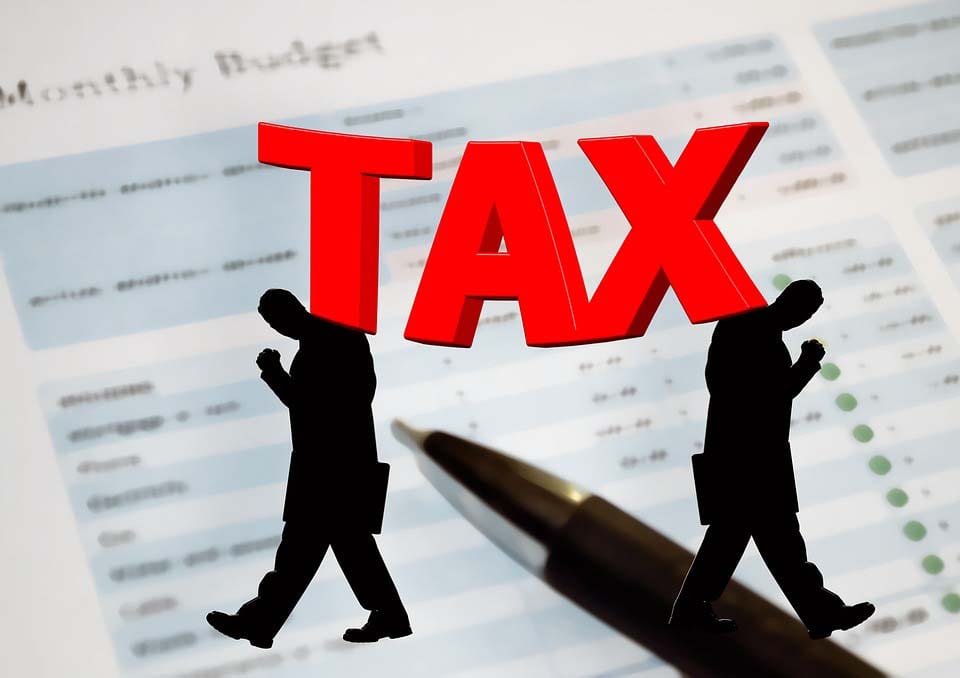I study publication of the European Union (EU) tax haven blacklist on December 5, 2017, to examine whether and how the use of recognized tax havens affects firm value. I find that the tax haven naming and shaming by the EU was associated with a negative stock price reaction of firms with tax haven subsidiaries. Overall, publication of the blacklist erased $56 billion in market capitalization among the implicated firms. The largest reaction was for those tax havens, for which it was not foreseeable that they would be included in the blacklist. Retail firms experienced a larger decrease in share price than firms in other industries, which is consistent with a potential consumer backlash.
Also more tax-aggressive firms faced more negative returns, which suggests that investors expect firms might be audited or fined for past or overly aggressive tax avoidance. The negative reaction was less pronounced in countries with low levels of investor protection and weakly governed firms with substantial conflicts of interest between principals and shareholders. This is consistent with increased scrutiny and potential for countermeasures associated with the blacklist, which reduce opportunities for managerial wealth diversion. After months of screening of global tax policies, on December 5, 2017, the European Union (EU) finance ministers blacklisted 17 countries for refusing to cooperate with the EU’s decade-long crackdown on tax havens.Footnote1 The EU referred to the blacklist as list of non-cooperative tax jurisdictions, since the listed countries failed to make sufficient commitments in response to the EU’s concerns. Full Story
Other articles of interest
BIIB stock Price: Is it time to buy
Stock market crashes timelines
Dow theory no longer relevant-Better Alternative exists
Apple Stock Predictions For 2020 and Beyond
In 1929 the stock market crashed because of
Apple Stock Price Target: Is It Time To Buy AAPL
Anti Gmo: The Anti Gmo Trend Is In Full Swing?


 Editor: Vladimir Bajic |
Editor: Vladimir Bajic | 